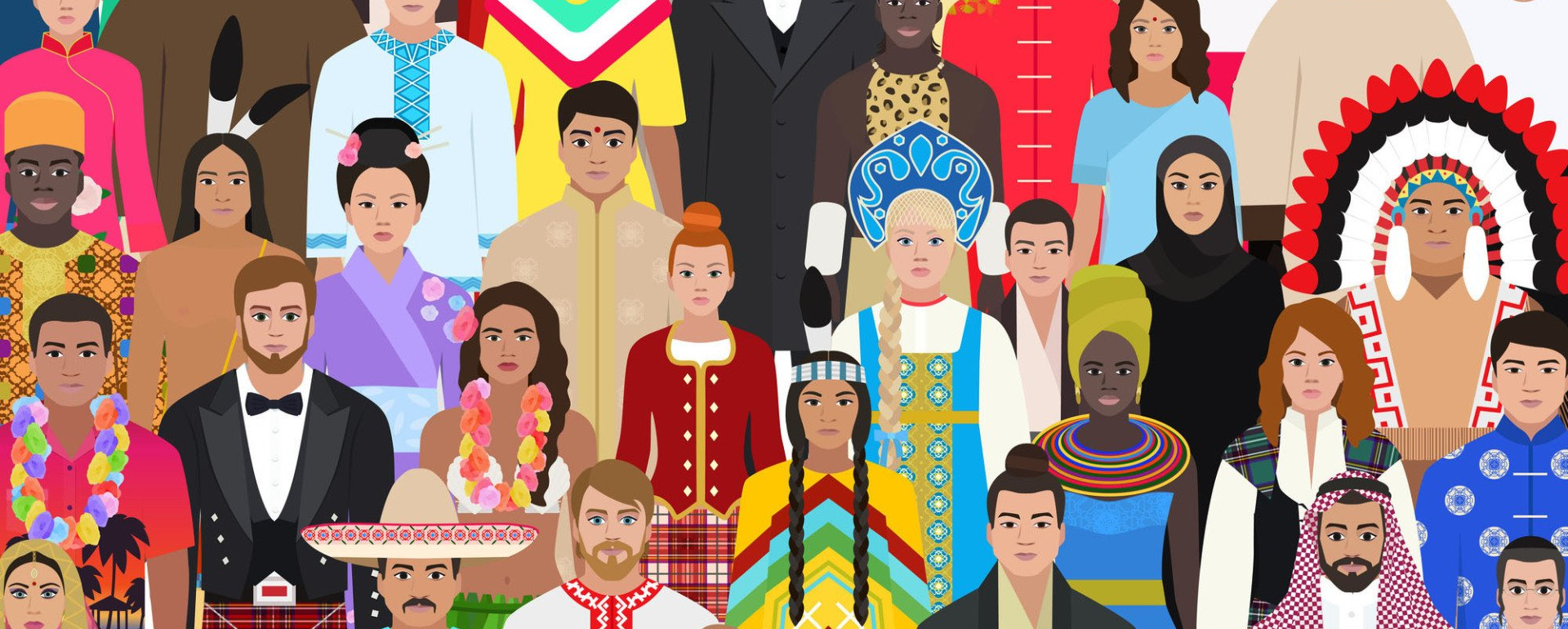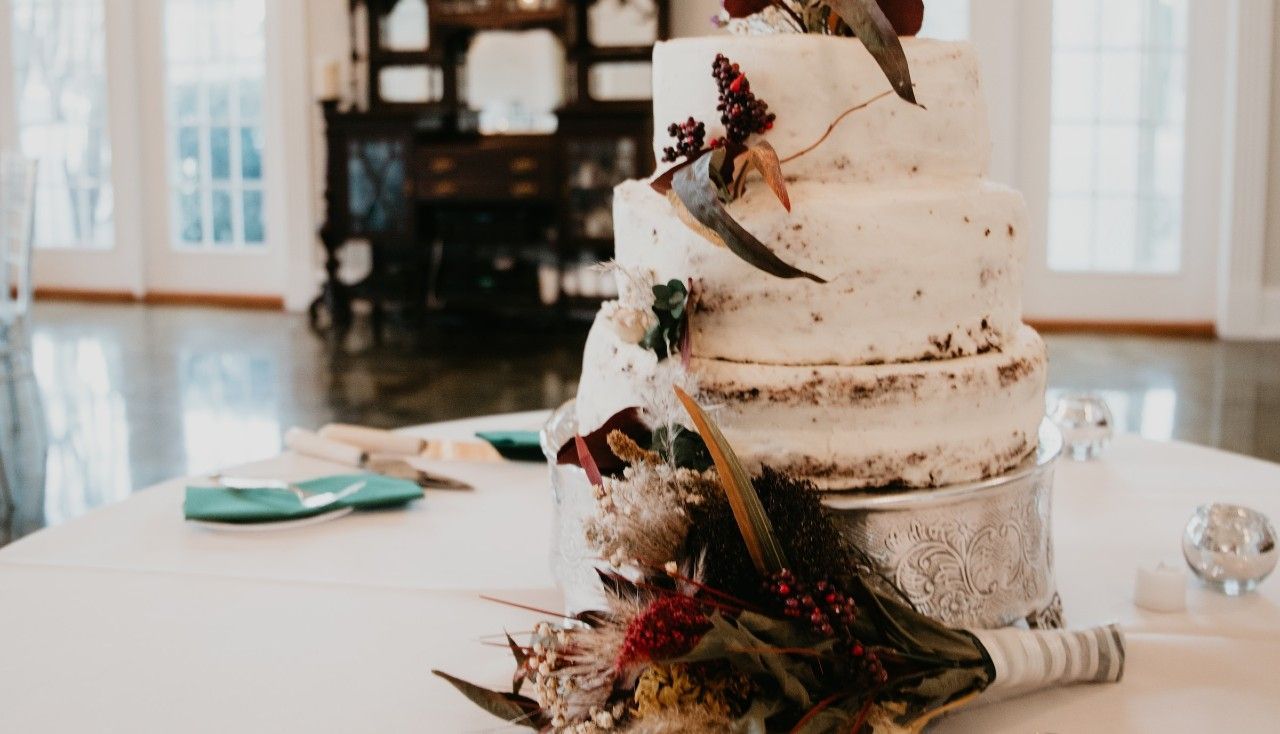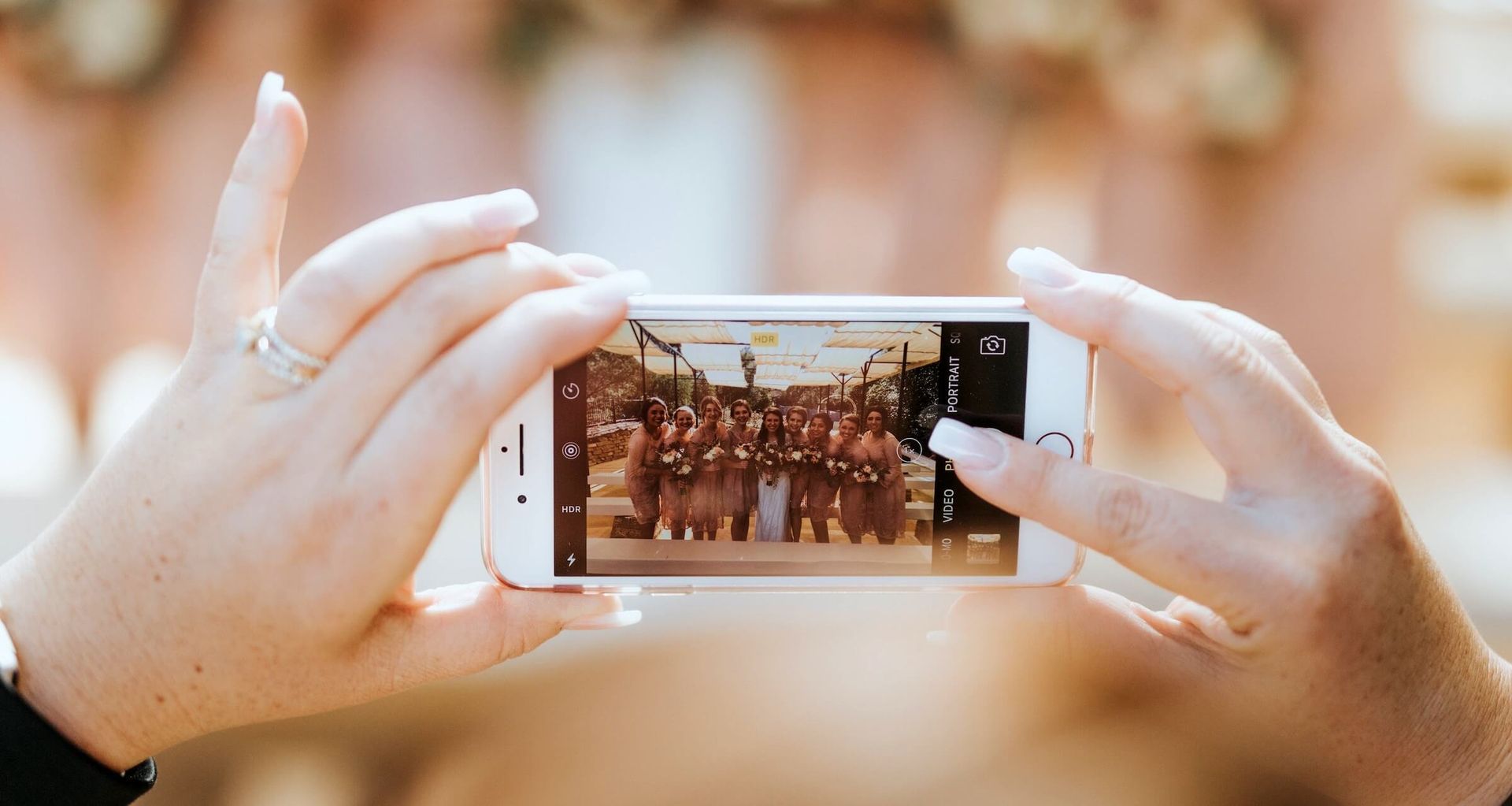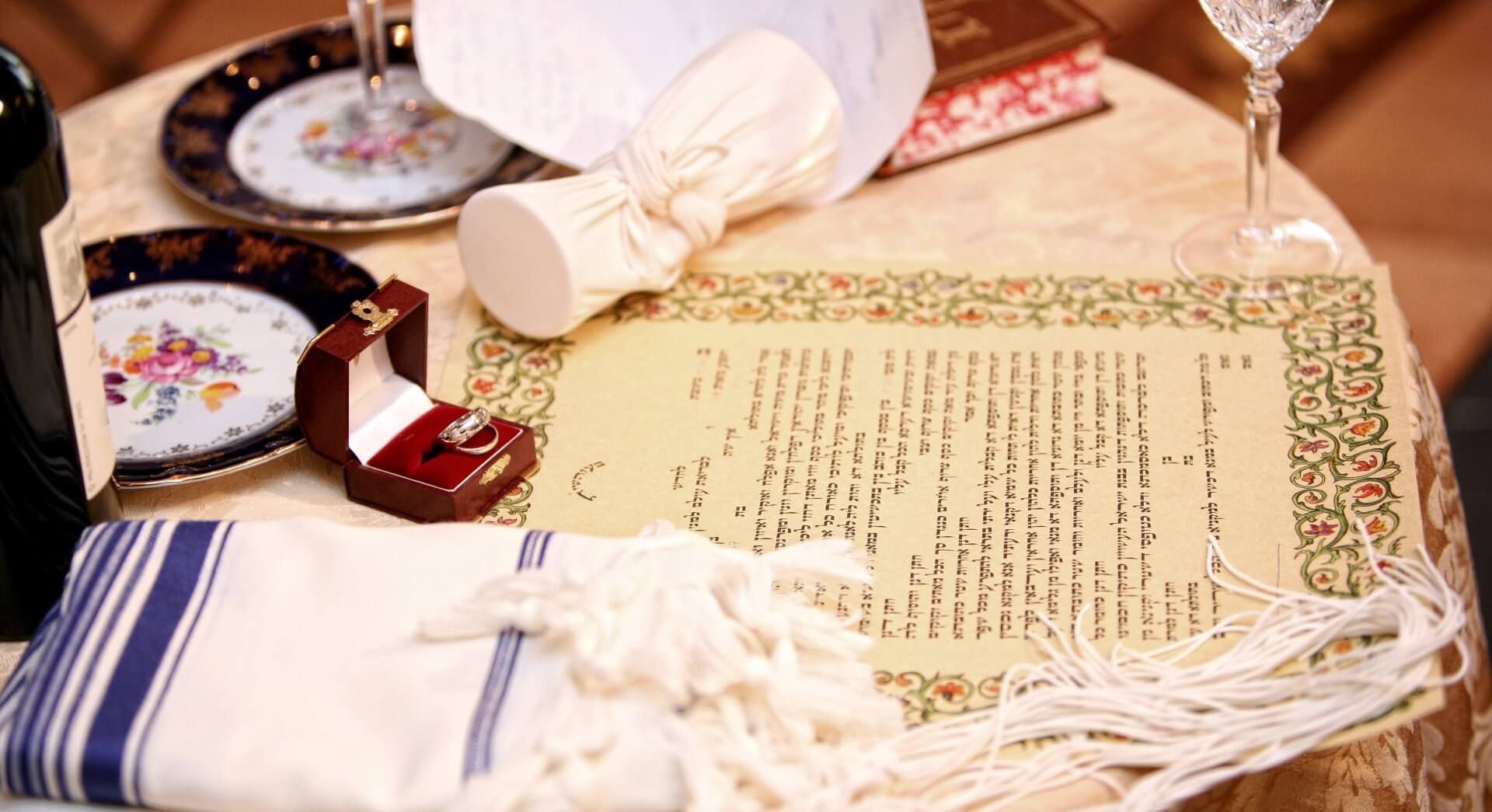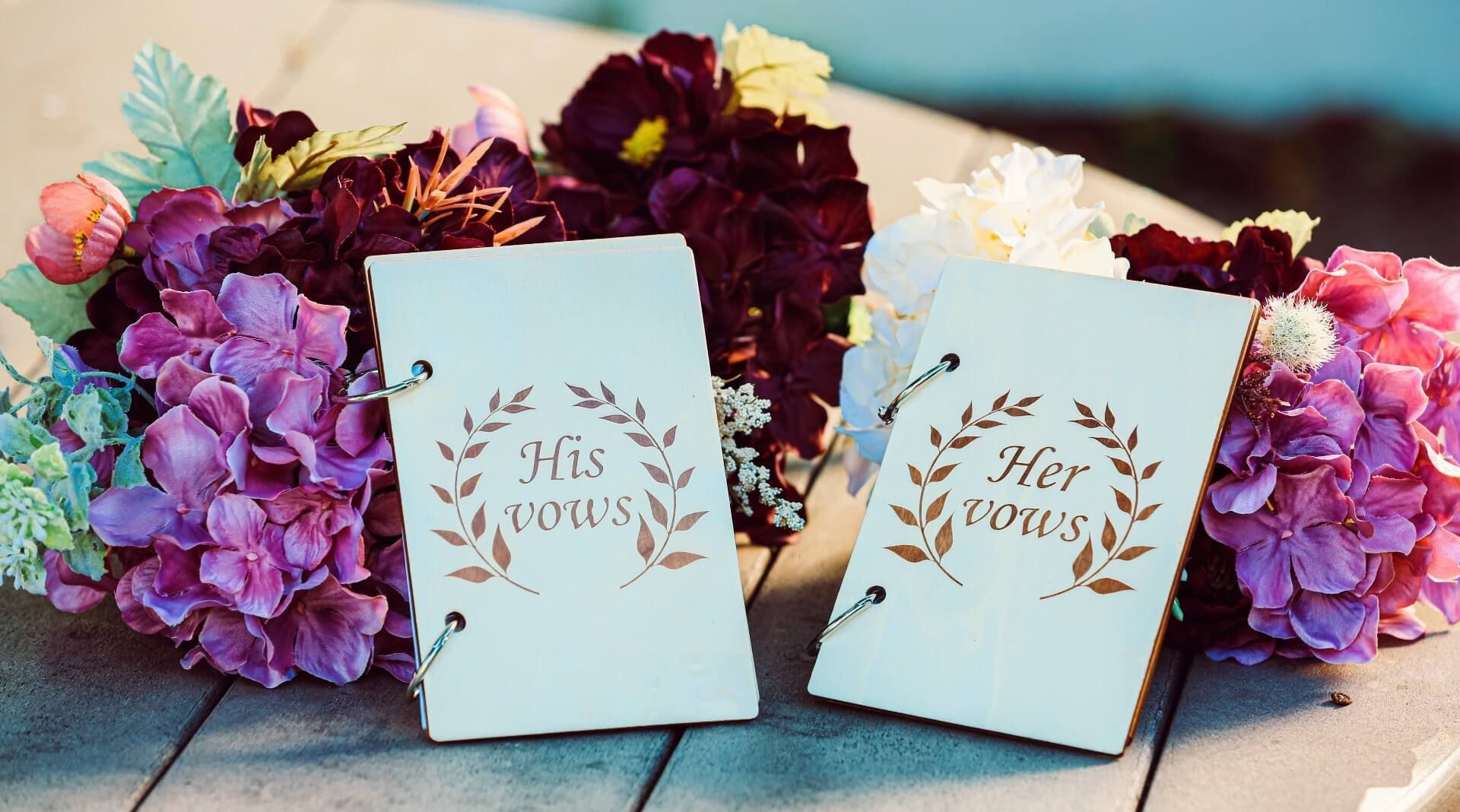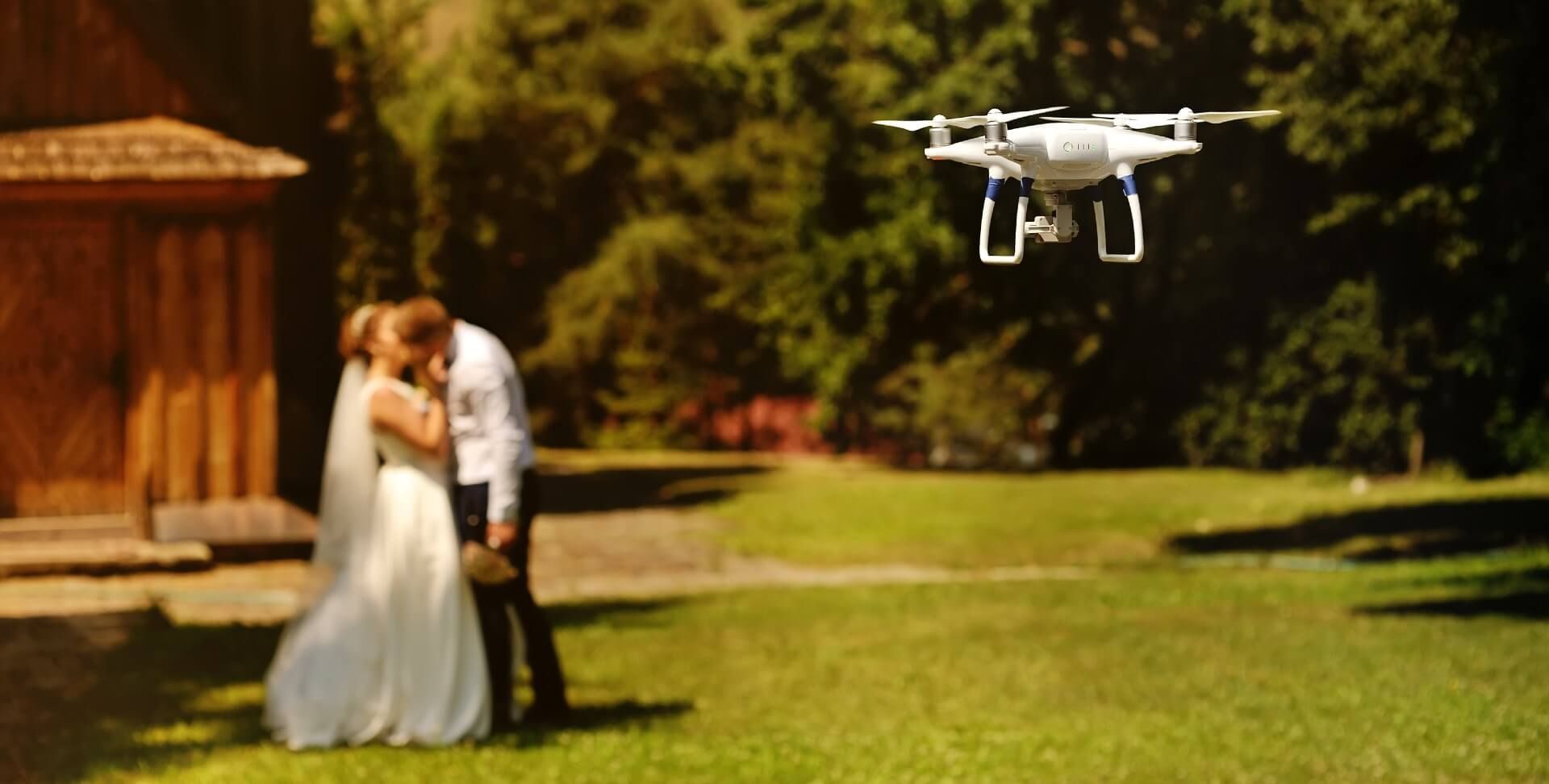How to Have a Wedding Ceremony with Multiple Languages
Incorporate other languages into your ceremony so everyone feels included!

Weddings are a time to celebrate the joining of a couple and also the two families. Perhaps the families speak different languages. What then? It’s important to consider how you might incorporate them on your big day. Whether you have an international guest list or individuals from different cultural backgrounds included, some decisions need to be made to ensure everyone feels included and understood at your wedding ceremony. At a wedding, inclusion and connection are fundamental.
There will always be one language that is spoken predominantly during the ceremony - in the US it is typically English. However, if there is someone who does not speak English well enough for this purpose, they may need a translator present so that they can understand what is happening at the wedding. But if more than one language needs to be accommodated, here's how to have a multilingual wedding ceremony.
Make an Effort to Involve Everyone in Some Way
The most important thing to keep in mind is that you should do what you can to help people feel connected and involved in the proceedings. Whether through multilingual officiants such as Cantor Pincus, an interpreter, or other language-specific traditions, everyone should feel like they can enjoy what is happening at your ceremony. You don't necessarily need every single person in the room to understand every single word, but they should still be made aware when there are certain points in the ceremony that are particularly important.
Offer a Multilingual Program
If your ceremony is likely to span more than a few minutes and you know that multiple speakers of other languages will be present, it's a good idea to print out a program for all of your guests. This way, they can follow along and read about what is happening next during the processional or recessional. If you want to make it even sweeter, design and print a version in each language, or offer translations beneath each line for your guests.
Tip: If you're on a tight budget, don't worry - programs don't have to be complicated or extravagant! A simple sheet of paper will do just fine, and you can even print them at home if you'd like.
Multilingual Wedding Vows
Another great way to go about this is to have one person speak the vows in their native language and then have them translated for the other partner. This works best if the vows are relatively short, but you can make it work regardless of how many languages need to be spoken (and translated).
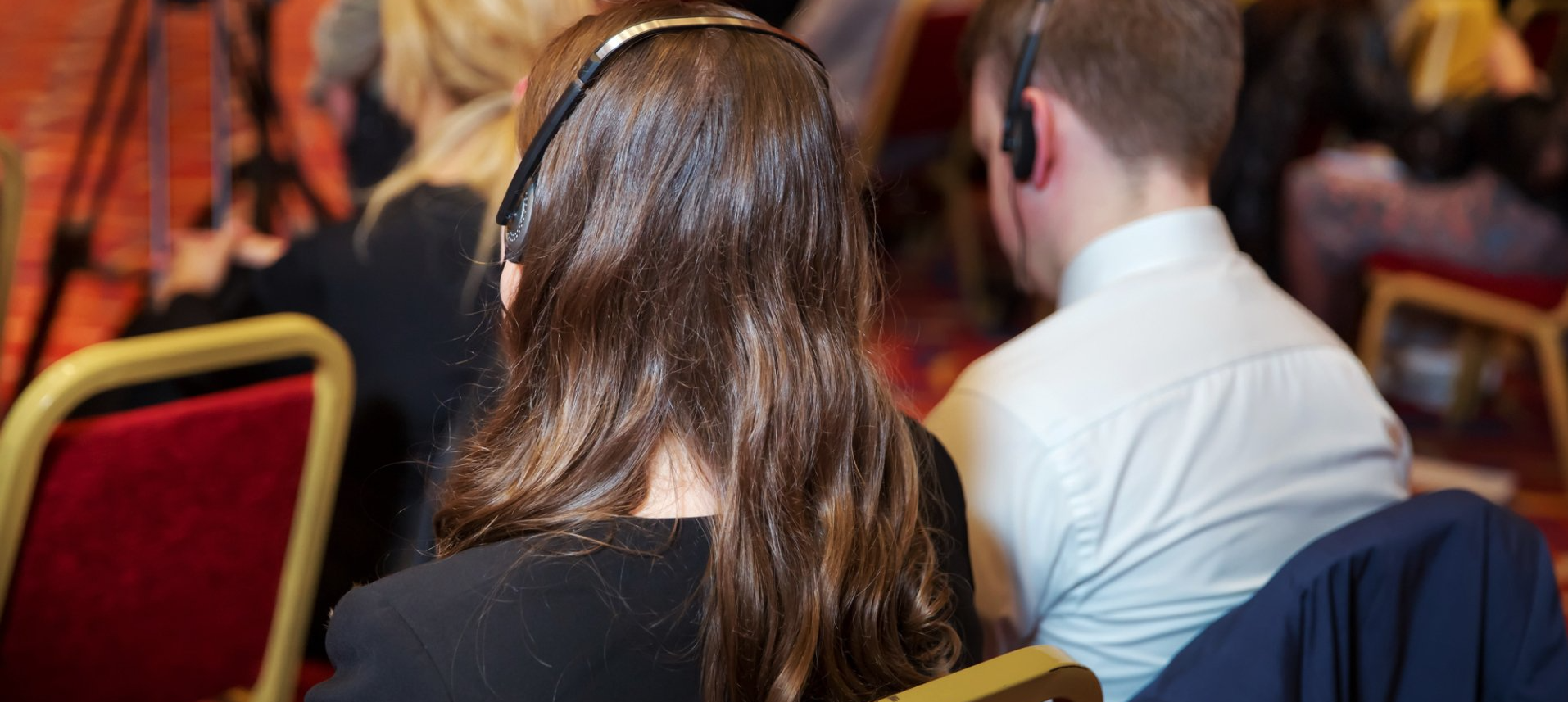
Don't be Afraid to Incorporate Familiar Elements
Depending on where your guests are from, they might appreciate familiar elements that can help them feel a connection to your ceremony. Some ways you can accomplish this are through music, traditions, and even readings.
Music: Choosing certain types of music, whether it's a song from their native language or simply a song that is significant to them as individuals, will tell them more about who you are as a couple, what you love, and how much you value each other.
Traditions: Maybe your families come from different countries, but all share a common tradition such as breaking a glass at the end of the ceremony. This is something that everyone will appreciate and will make them feel comfortable and included.
Readings & Scriptures: Traditional wedding readings or verses of scripture can be translated and included in your ceremony in several languages.
Use Signage to Your Advantage
This is a great way to highlight certain elements and translate things that might otherwise not be seen or noticed by all of your guests. For example, if there's a unity candle involved in the ceremony, you could have an announcement directing everyone to look up at the large sign describing what this symbolizes for you as individuals and as a couple.
Need Additional Help?
Though this might seem like a lot to think about when you're planning your wedding, it's important not to get overwhelmed. Cantor Pincus can help coordinate the ceremony and ensure that even if everyone doesn't understand all of what is being said, it will still be a wonderful and meaningful experience.
“Once, a gentleman asked me to officiate his wedding. He was of Dominican background, born in the United States, so a native speaker of English. He told me, though, that his bride had just moved here from the Dominican Republic just four months prior, spoke little to no English, and understood it not even at a basic level. Immediately, I felt that I couldn’t in good conscience officiate for someone who did not understand every word. I told him so. With a strong background in languages from my training as a classical singer, I asked a scholar/friend to translate the entire ceremony into Spanish. Though I didn’t and still don’t speak Spanish, I can read it and can recite my script with perfect understanding and nuance, as native speakers have remarked. I did the ceremony bilingually. The bridal couple and their guests were very, very pleased, even impressed. The MC told me that she was moved by my generosity, caring about the bride’s experience of the ceremony. I’ve used that script with great success about 30 times since then; sometimes the entire ceremony, sometimes just parts of it. Recently, a groom wrote that he was amazed that I could do it, and it just may goose him into putting more effort into learning his new second language, English.
Sometimes, a couple will tell me that it’s OK to do the ceremony in English but to add some words here and there in the language that, say, their relatives speak. Sometimes, it is I who suggest that.
I’ve also used my script in Russian, and have incorporated French, and even Portuguese, which I don’t know at all -- into successful multicultural weddings. Always, guests feel that they are valued, feel more involved, more invited, more part of the celebration.” -- Cantor Daniel Pincus
